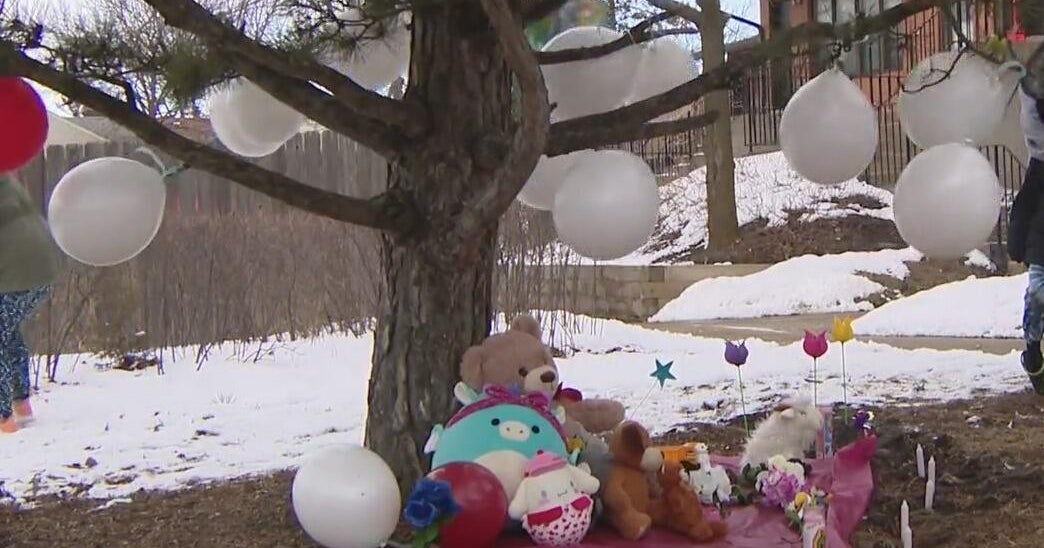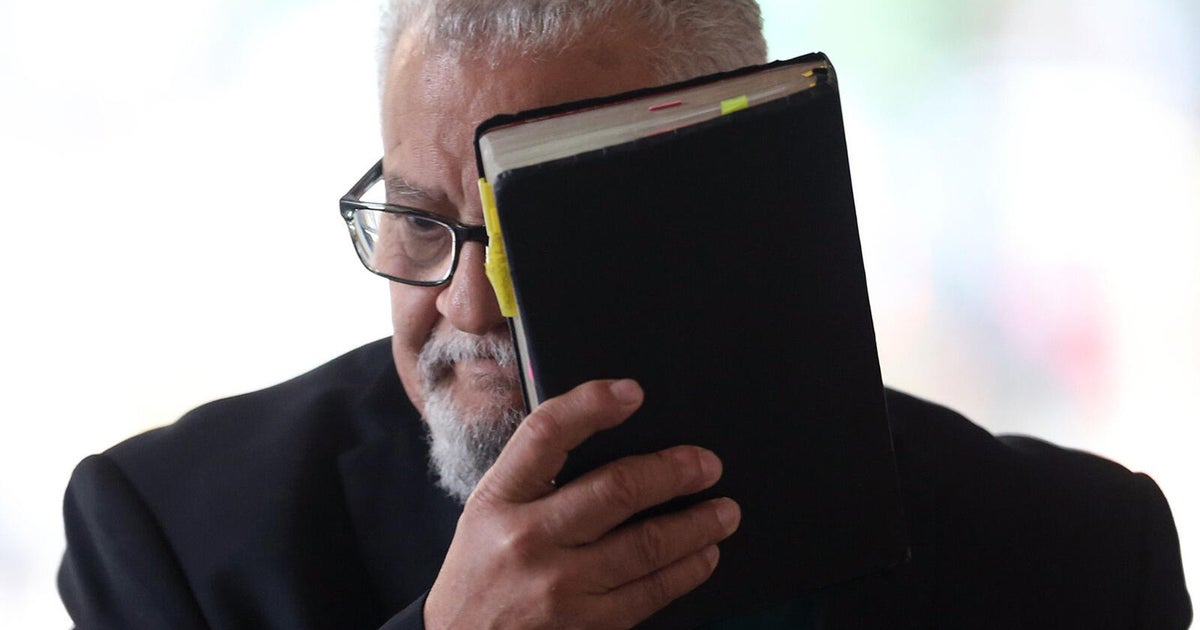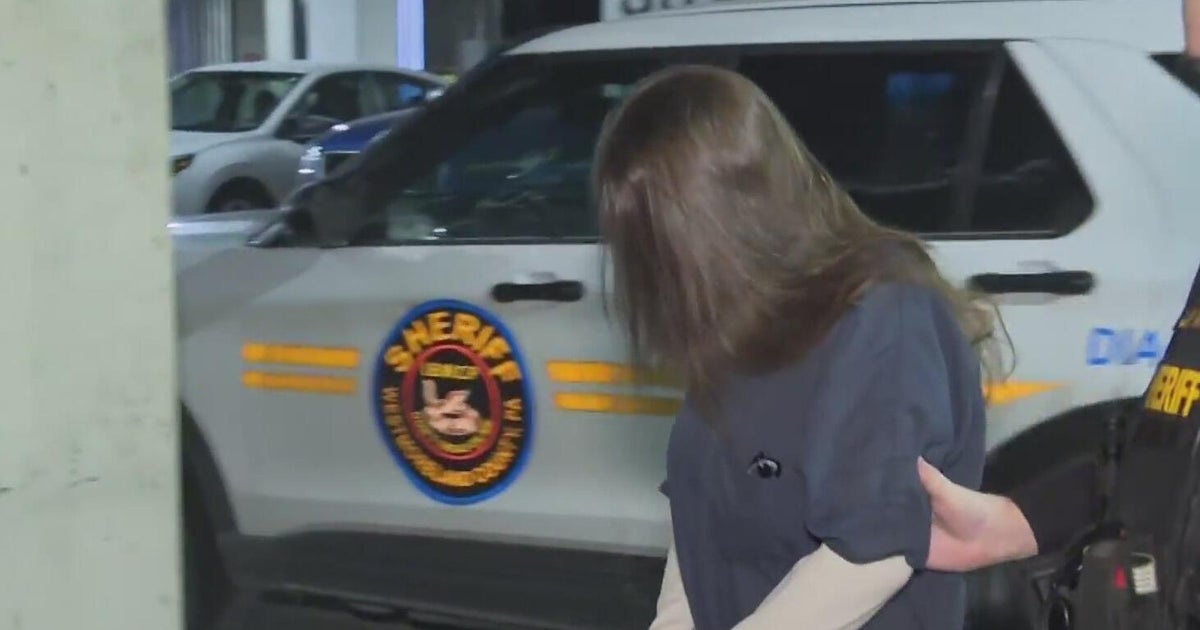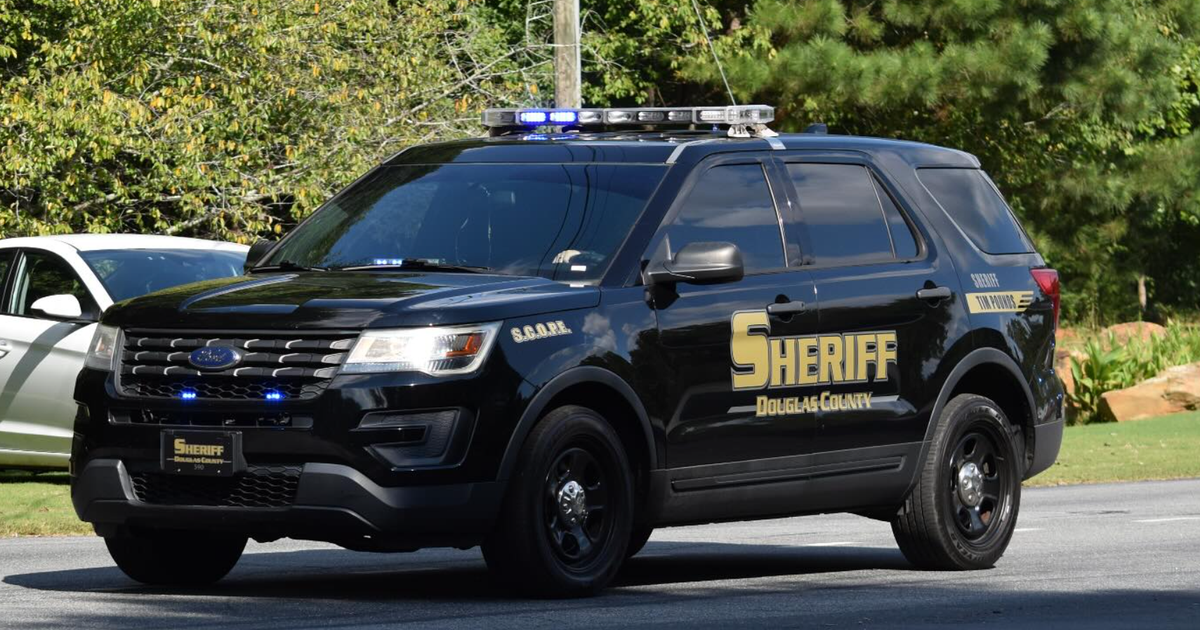Another Court Appearance Coming For A NATO Summit Plot Suspect
CHICAGO (CBS) -- Another round of court appearances is coming up Wednesday for several people arrested for alleged violent plots in the days leading up to the NATO Summit.
As CBS 2's Susanna Song reports, a preliminary hearing is scheduled for Wednesday for Sebastian Senakiewicz, 24, who is accused of plotting to blow up a downtown bridge during the summit this past weekend.
The other man was actually a police informant.
Senakiewicz is also accused of making a Molotov cocktail before the summit.
Bond for Senakiewicz was set at $750,000 Sunday. He had been arrested at his home in the 3600 block of North Odell Avenue on Thursday of last week.
No explosives were found in a search of the Far Northwest Side residence.
Prosecutors said Senakiewicz is a Polish native and self-proclaimed anarchist who was upset with the lack of chaos in Chicago leading up to the NATO Summit.
A second man arrested last week, 28-year-old Mark Neiweem, was ordered held on $500,000 bond. Prosecutors said he wanted to build a pipe bomb and wrote up a list of ingredients, asking others to get him the materials. He was charged with attempted possession of explosives.
Brian Church, 20, of Ft. Lauderdale, Fla.; Jared Chase, 24, of Keene, New Hampshire; and Brent Vincent Betterly, 24, of Oakland Park, Fla., are charged with conspiracy to commit terrorism.
Police raided a Bridgeport neighborhood apartment building where the men were staying last week. They said they found four completed Molotov cocktails and other weapons.
Prosecutors said the men had come to town together from Florida to protest the NATO Summit. They were staying at an apartment at 32nd and Morgan streets in the Bridgeport neighborhood.
Authorities used informants to gather intelligence on the men.
The suspects allegedly plotted to attack police stations, Mayor Rahm Emanuel's house, President Barack Obama's campaign headquarters, and downtown financial institutions during the summit. Prosecutors have said the attacks on police were intended to be a diversionary tactic to undermine the police response to other attacks.
But defense attorneys claim that prosecutors fabricated the charges against the men to justify the intense security measures put in place for the summit.
"Are they scapegoats or not? That's a legitimate question," defense attorney Thomas Durkin said. "I don't know how the mayor gets carte blanche to just turn this city into a police state over the weekend, because we're fearful. That's what happened."
Defense attorneys also suggested their clients were targeted because police were angry after the men posted a YouTube video, purportedly showing Chicago police officers pulling the men over two weeks ago and verbally abusing them.
But the edited video does not show any of the officers' faces while anyone is speaking in the video. It only shows captions of what the voices in the video are saying.
In the video, an officer asks the men are asked if they have something planned for the weekend of the NATO Summit, to which they reply, "No, not really."
An officer also talks about the 1968 Democratic National Convention, when many demonstrators, as well as reporters and passersby, were beaten by Chicago Police officers in what has been popularly called a "police riot."
"'68, do you know about '68?"
"Billy clubs to the ——– skull," one officer says.
At another point, one of the passengers tells the officer that they will "see them at NATO."
"Can't wait," one officer responds. "We'll come looking for you, each and every one of you."
The Occupy Chicago group claims that was harassment.
The other occupants of the apartment that was raided have also maintained that there was only beer-making equipment inside and no Molotov cocktails. But police Supt. Garry McCarthy said the items are not easy to confuse.
"We had Molotov cocktails. Not beer," McCarthy said. "I don't think you put gas in beer."
On Tuesday, protesters released photos of the couple they knew as "Moe" and "Gloves." CBS 2 has chosen not to show those men's faces, but protesters said they were deeply involved in organizing protest marches, and then disappeared after the arrests.







